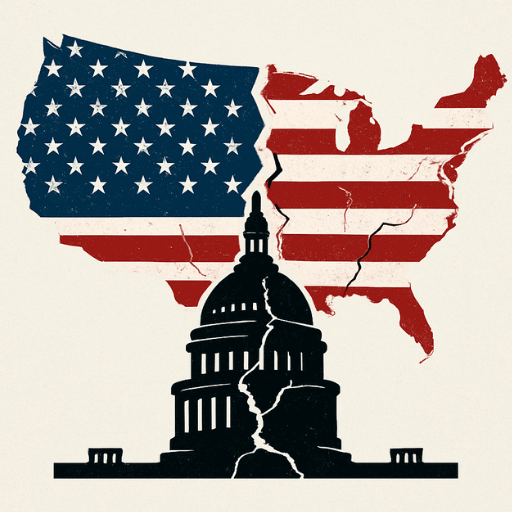The Implications of Stephen Miller’s Call to Suspend Habeas Corpus
TLDR; Stephen Miller’s recent comments about potentially suspending habeas corpus raise significant constitutional concerns. This blog post explores the historical context, legal implications, and potential consequences of such a move, emphasizing the importance of protecting civil liberties in a democratic society.
Introduction: Why Stephen Miller’s Comments Matter
Stephen Miller, former advisor to President Trump, recently floated the idea of suspending habeas corpus—a foundational legal protection—in response to what he labels an “invasion.” The suggestion isn’t just extreme; it’s a direct challenge to our constitutional principles and civil liberties. Understanding what’s at stake is essential.
What Is Habeas Corpus and Why Does It Matter?
Habeas corpus is a core legal principle that protects individuals from unlawful detention. It gives anyone arrested the right to challenge their imprisonment in court. Enshrined in the U.S. Constitution, this safeguard is designed to prevent governments from detaining people arbitrarily—a principle rooted in centuries of legal tradition.
The framers of the Constitution believed so strongly in this right that they only allowed its suspension in the rarest of circumstances: “cases of rebellion or invasion” where public safety may require it.
Can the President Legally Suspend Habeas Corpus?
Despite Miller’s claim, the power to suspend habeas corpus does not lie with the president. The Constitution gives this authority solely to Congress, precisely to prevent abuse by the executive branch. This was a deliberate choice by the Founders, who feared unchecked presidential power.
Legal scholars argue that any attempt by a president to bypass Congress and suspend this right would be unconstitutional and open to legal challenge.
The Immigration Angle: How the Law Complicates Things
The Immigration and Nationality Act has already limited how much courts can intervene in immigration matters, especially concerning policies like Temporary Protected Status (TPS). This gives the executive branch more discretion—but not total freedom.
Miller’s argument, suggesting the administration could justify suspending habeas corpus on immigration grounds, introduces serious legal gray areas. If courts are weakened and habeas corpus is removed, immigrants and even U.S. citizens could lose key protections.
The Danger of Redefining “Invasion”
One of the most alarming aspects of Miller’s proposal is the flexibility of language. If “invasion” can be redefined to mean a rise in immigration or a political issue, then any crisis could be used to justify suspending rights.
This opens the door for political manipulation, where perceived threats are exaggerated or fabricated to justify extreme actions. Legal experts stress that the standard for suspending habeas corpus is extremely high and should not be based on political rhetoric.
What Happens If Habeas Corpus Is Suspended?
If the U.S. government suspends habeas corpus, it could detain people indefinitely without due process. This includes immigrants, political activists, and even dissenting citizens. It would strip away the fundamental right to challenge one’s detention—an essential part of any democratic society.
The consequences would be far-reaching, shaking public trust and weakening the legal system meant to protect the innocent.
A Look Back: Historical Suspensions of Habeas Corpus
Historically, habeas corpus has only been suspended in extreme situations—notably by Abraham Lincoln during the Civil War. Even then, the decision was met with fierce debate and legal scrutiny. The Founders intended this tool to be rare, not a political shortcut for modern administrations.
Why This Is a Slippery Slope for Democracy
Normalizing the idea of suspending habeas corpus could set a dangerous precedent. If we accept these extreme measures today, it becomes easier for future leaders to abuse them for political gain. Civil liberties erode slowly—often under the banner of security.
This isn’t just an immigration issue. It’s about protecting the Constitution and preserving democracy for everyone.
Conclusion: Stay Informed and Stay Vigilant
Stephen Miller’s recent comments should serve as a wake-up call. The potential abuse of power in the name of national security is not a theoretical problem—it’s a real and present risk. Every citizen, regardless of political affiliation, should be paying attention.
To preserve our democracy and constitutional rights, we must remain informed, involved, and vocal. The foundation of liberty depends on it.






